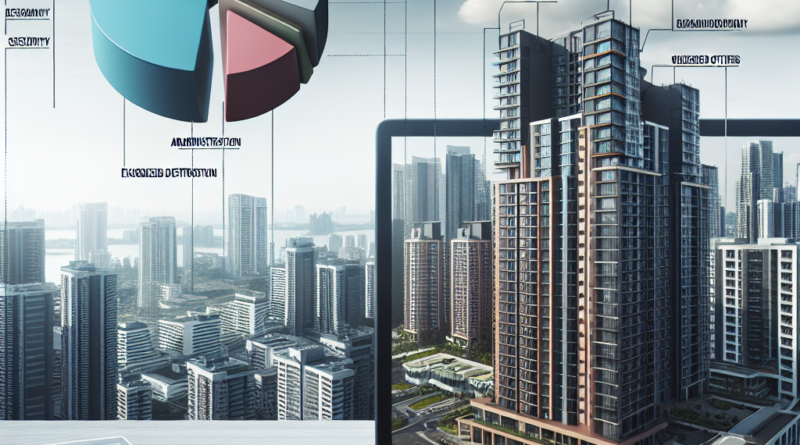Condominium Expenses: Understanding Included Costs and Allocation
Understanding Condominium Expenses
Condominium expenses are a crucial item for the financial management of many families, to be taken into account as part of the “expenses” category, similar to taxes, bills, and so on.
However, many people wonder what these condominium costs actually entail, namely the ordinary expenses that every condominium must face.
Additionally, it’s not always clear how the distribution in different shares works, what the taxes to which the condominium is subject correspond to, and therefore, how expenses and burdens are regulated (also in terms of deadlines) in this regard.
What Are Condominium Expenses and What Are They For?
Condominium expenses refer to the costs related to the common parts of a building that affect all co-owners.
In a condominium building, there are not only the assets of individual private individuals, such as the housing units, but there are also areas of common ownership: the cost of managing these common areas falls on all tenants, as we will see later on.
These expenses are not a fixed cost.
With condominium fees, we refer to that item which in a lease agreement, or when buying a house, can vary based on the services offered.
One more piece of information to know about condominium expenses and their variations is to pay attention to the location and area of the property, as well as the quality of services.
They can hypothetically be divided into ordinary and extraordinary or extraordinary expenses.
Ordinary condominium expenses include things like cleaning the staircases, as well as maintaining the garden or the elevator if present.
In most cases, condominium expenses are used to contribute to the electricity bills for common areas, such as lighting.
In some cases, the cost also covers water expenses, compensation for the administrator, and the possible doorman of the building.
On the other hand, extraordinary expenses refer to additional costs resulting from a necessary repair.
Who Should Pay Condominium Expenses?
In a condominium, condominium expenses must be borne by all owners of the housing units, in proportion to their respective ownership shares, as we will analyze later.
For rental properties, how does it work? In this case, condominium expenses are generally divided between the owner (landlord) and the tenant (lessee).
Ordinary expenses, which concern the everyday maintenance and operation of the condominium, are usually the responsibility of the tenant.
Extraordinary expenses, which include extraordinary maintenance or renovation of common areas, remain the responsibility of the owner.
These provisions should be clearly defined in the lease agreement to avoid disputes.
What Do Condominium Expenses Include?
To establish whether or not a property is a common asset of the condominium, it is useful to refer to Article 1117 of the Civil Code, which lists somewhat exhaustively what common properties are.
In summary, common properties include parts of the building intended for common use, such as the ground where the building stands, the roof, the façade, the entrance, the corridor, parking areas, and areas dedicated to common services.
Costs for ordinary management and maintenance apply to these common properties.
Let’s look at the expenses that condominium owners have to face.
Ordinary Expenses: Taxes, Bills, and More
Ordinary expenses are those related to the management and maintenance activities necessary to ensure the correct functioning of the condominium.
These include:
- Electricity for common areas;
- Cleaning of staircases, landings, courtyards, windows, and common parts of the building, as well as any communal gardens;
- Water for fountains and taps in communal areas;
- Maintenance and review of fixtures, intercom system, elevator, boilers, possible electric gates;
- Inspection and repair of the external or internal lighting system and replacement of any burnt-out light bulbs;
- Repair of hydraulic pipes and electrical cables;
- Payment of insurance and any taxes related to the building;
- Compensation for the administrator and stationery expenses.
Extraordinary Expenses
Extraordinary expenses are those costs that do not have characteristics such as continuity or periodicity.
They are therefore connected to special emergency situations, damages, breakdowns, renovations, or developments of the building.
Typical examples include renovating the building’s façade or making innovations like installing an elevator or solar panels.
To be approved, these expenses must obtain the majority vote in the condominium assembly.
In some cases, they may be mandatory, for example, when they concern the stability of load-bearing walls, the replacement of beams, or the renovation of roofs and floors.




